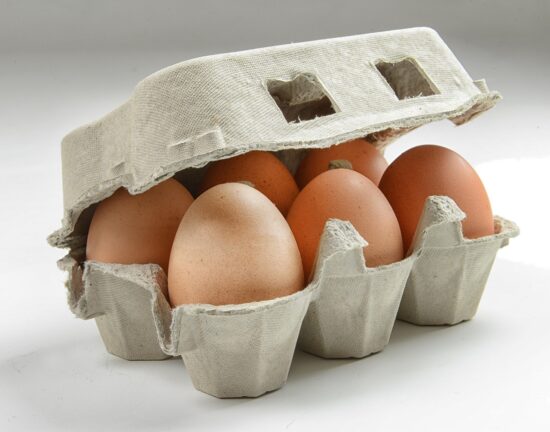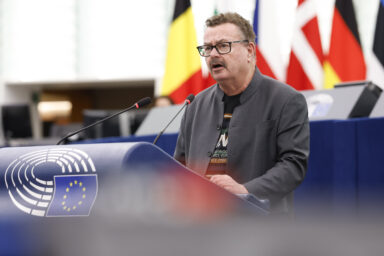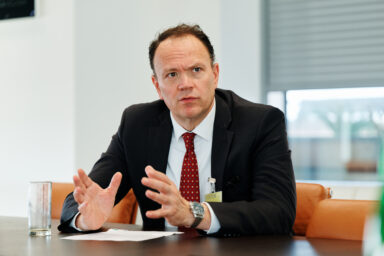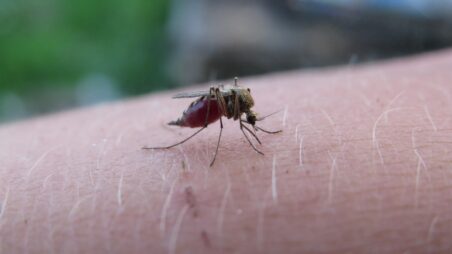European agriculture is facing a critical generational gap. The average age of a farmer in the EU is now 57, and only 12 per cent are under the age of 40. This ageing trend poses a major challenge not just to food production but also to the future of rural communities across the continent.
In response, the European Commission on Tuesday, 21 October 2025, presented a strategy for generational renewal in agriculture. The goal is to support young farmers and attract more people into the sector, setting a clear roadmap to double the share of young farmers by 2040.
As Commissioner Christophe Hansen has emphasised for some time, keeping farming resilient and attractive will depend on giving young people the means to build lives and careers in rural areas. That includes better access to land and credit, viable incomes, and social conditions that make staying in or returning to the countryside a real option.
Five levers, concrete tools
The Commission’s strategy identifies five key levers for action: access to land, finance, skills, fair living standards in rural areas, and support for succession. These pillars include specific proposals designed to ease entry and ensure long-term viability for young people in the sector.
Among these proposals, the strategy introduces a ‘starter pack’ under the next Common Agricultural Policy, offering a lump sum of up to €300k to help new farmers establish themselves. The Commission will also target funds across the CAP more tightly to benefit younger applicants.
You might be interested
The Commission plans to collaborate with the European Investment Bank to improve access to finance. It will create a European Land Observatory to help new entrants find available land, support farm succession, provide better data for policymaking, and curb speculation.
Building skills, supporting balance
The strategy encourages young farmers to take part in Erasmus for Young Entrepreneurs, enabling them to learn good practices abroad or diversify their income by gaining experience in other sectors. This complements the broader goal of equipping young people with the skills they need to succeed in a modern farming environment.
At the same time, the strategy aims to make rural life more attractive overall. It includes measures to improve living conditions, support local development, and encourage youth and women’s involvement in rural economies.
The strategy also co-funds farm relief services that provide replacements when farmers face illness, need time off, or have caregiving responsibilities, improving work-life balance.
Shared responsibility across levels
The strategy will reach implementation through multiple channels — the current and future Common Agricultural Policy (CAP), wider EU programmes, stakeholder initiatives, and national-level actions. Each actor plays a part in creating and sustaining the conditions for generational renewal.
Member states will take a central role. The Commission urges all EU countries to dedicate at least 6 percent of their agricultural spending to measures that promote generational renewal. In addition, governments must develop national strategies by 2028 to address specific challenges faced by young farmers in each country and define the support tools they need.
Revitalising EU agriculture requires coordinated efforts, not just one policy or payment. Stakeholders must work together to remove barriers, support transitions, and make rural life a viable and attractive choice. With the right tools in place, the next generation of farmers will not just carry on the work — they will shape the future of European farming.











